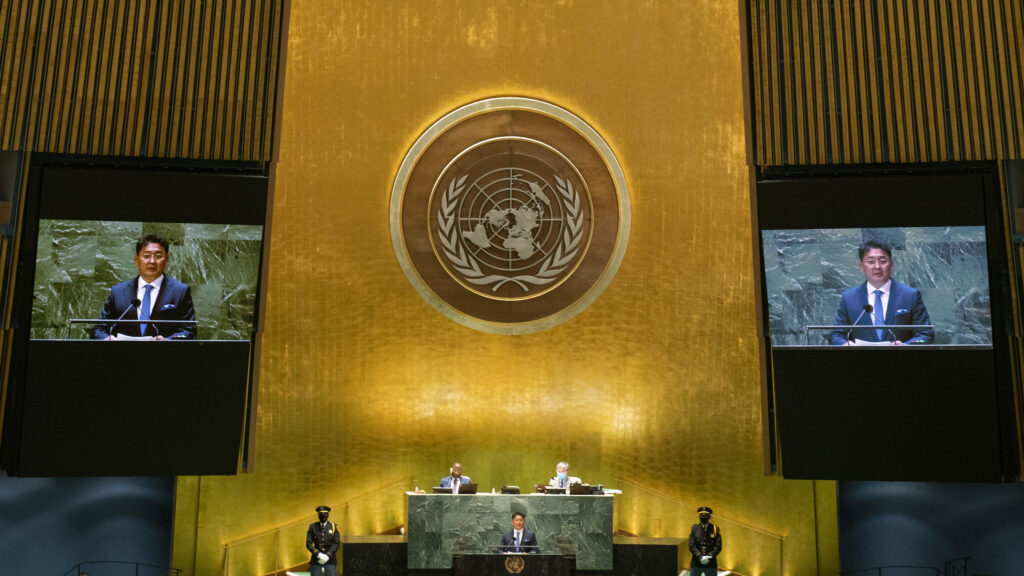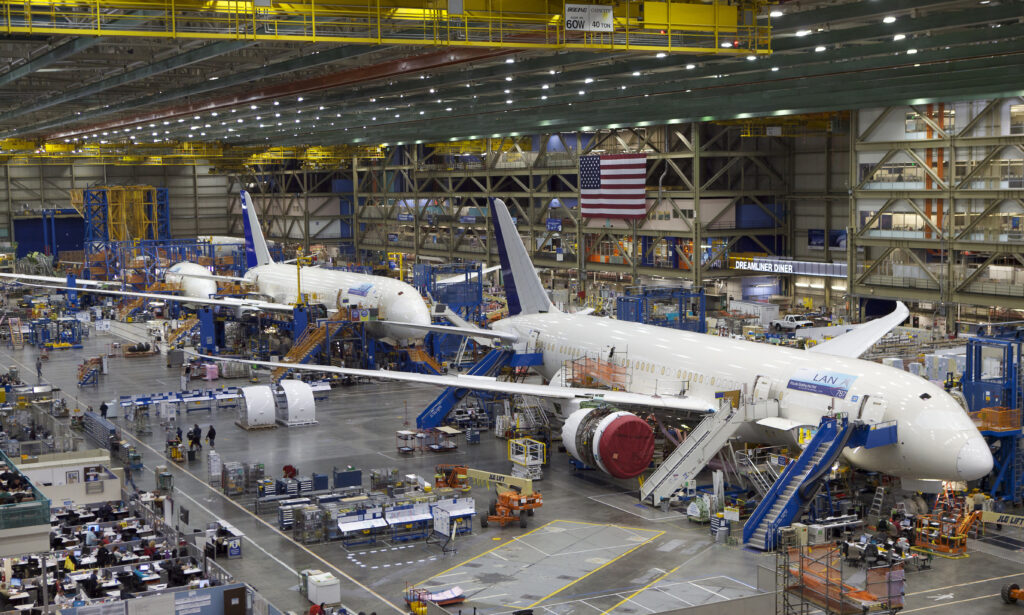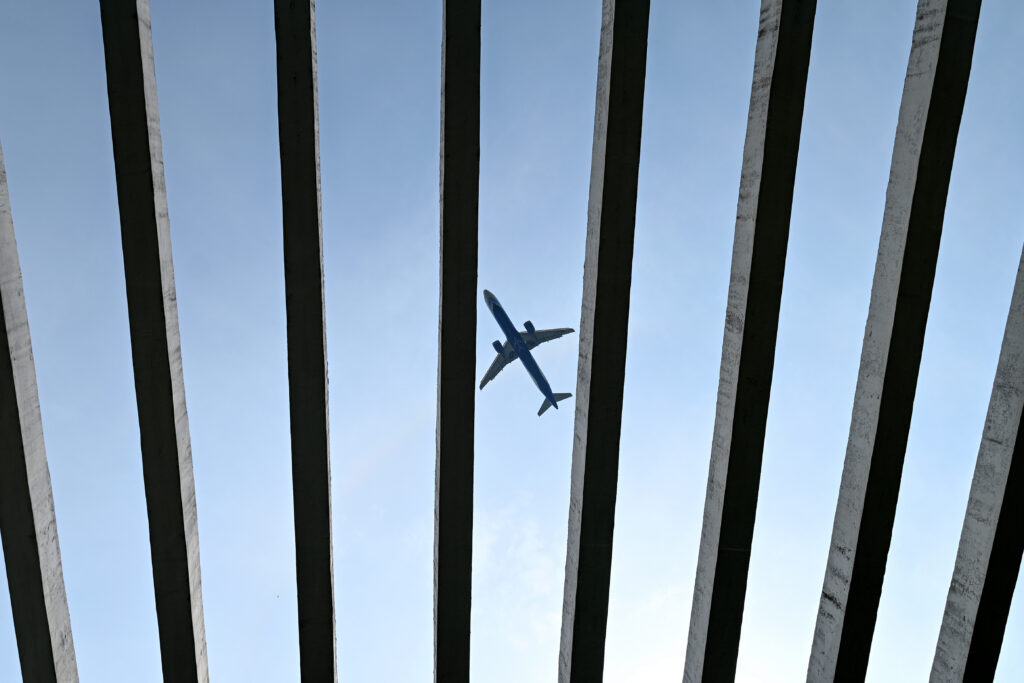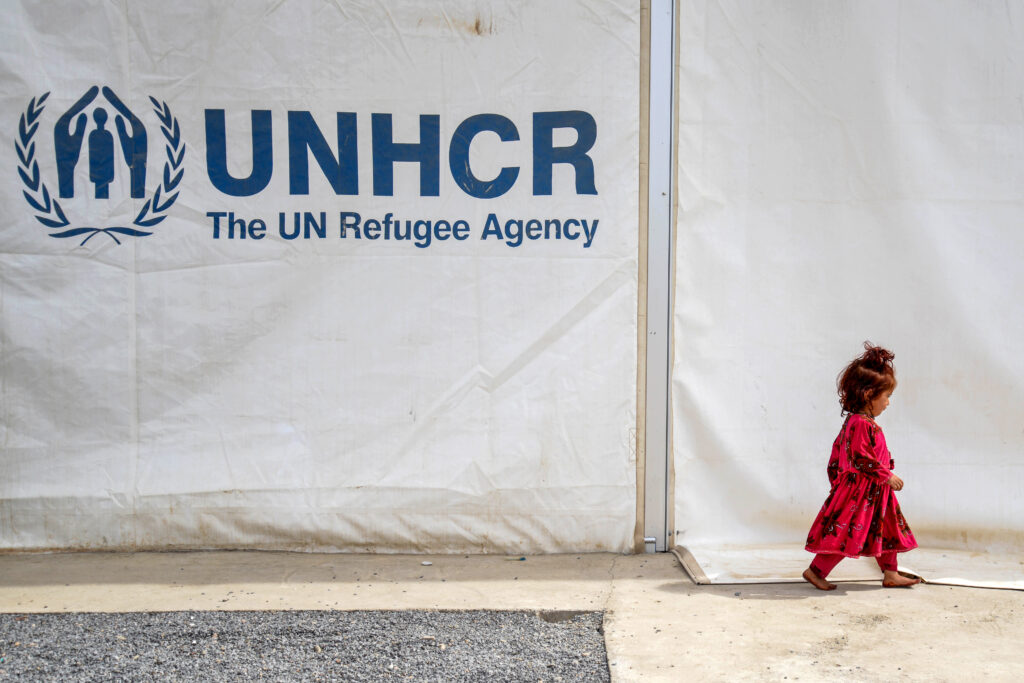UN to vote on calling for Gaza ceasefire
The UN General Assembly will vote Thursday on demanding an unconditional ceasefire in Gaza a week after the United States used its veto to stop a similar push in the Security Council.Like the text blocked by Washington to protect its Israeli allies, the draft resolution before the General Assembly calls for “an immediate, unconditional and permanent ceasefire.” It also demands “the immediate and unconditional release of all hostages” seized during the unprecedented Hamas attack inside Israel on October 7, 2023 that sparked the war in Gaza.But the text submitted to a vote in the 193-member General Assembly — the majority of which traditionally supports the Palestinians — goes further than the thwarted Security Council resolution by taking direct aim at Israel.It “demands that Israel, the occupying Power, immediately end the blockade… and ensure that aid reaches the Palestinian civilian population throughout the Gaza Strip,” which after more than 20 months of war is facing a catastrophic humanitarian situation.The text goes on to “strongly (condemn) any use of starvation of civilians as a method of warfare and the unlawful denial of humanitarian access.”- ‘Accountability’ -Israel is facing mounting pressure to allow more humanitarian aid into Gaza, where according to the UN the entire population is at risk of famine.Israel recently ended a total blockade to allow some deliveries to resume through the newly formed, US-backed Gaza Humanitarian Foundation (GHF) distribution centers.The United Nations, which until now has sought to coordinate aid deliveries throughout Gaza, refuses to work with the GHF, citing concerns over its practices and neutrality. Dozens of people have been killed near GHF distribution points since late May, according to Gaza’s civil defense agency. It said Israeli forces killed 31 people waiting for aid early on Wednesday.GHF blamed the Palestinian militant group Hamas for the deaths of at least eight of its staff in Gaza late Wednesday.The draft resolution before the General Assembly “stresses the need for accountability in order to ensure Israel’s respect of international law obligations.”It “calls upon all Member States to individually and collectively take all measures necessary… to ensure compliance by Israel with its obligations.” However, it stopped short of explicitly calling for sanctions.- ‘Mad march’ -This request echoed a call by Palestinian Ambassador to the UN Riyad Mansour, who in the absence of Security Council action urged all countries last week to take “immediate and real measures” to force Israel “to stop the mad march it is embarked on.”With the vote taking place just days before an international conference at the UN on the Palestinian issue, the text also reiterates the Assembly’s “unwavering commitment to the two-State solution… where two democratic States, Israel and Palestine, live side by side in peace and security.”It was a UN General Assembly resolution in 1947 that divided British-ruled Palestine into two states — one Arab and one Jewish. But only the creation of Israel was proclaimed on May 14, 1948. This triggered a war between Israel and its Arab neighbors.Over the decades, the UN body has expressed its strong support for the Palestinians in the face of the continuing Israeli occupation.Israel’s ambassador to the UN Danny Danon stressed last week that the resolution vote in the Assembly, where no country can veto it, was pointless, telling countries “don’t waste more of your energy.””No resolution, no vote… will stand in our way” in efforts to bring the hostages home, he said.




